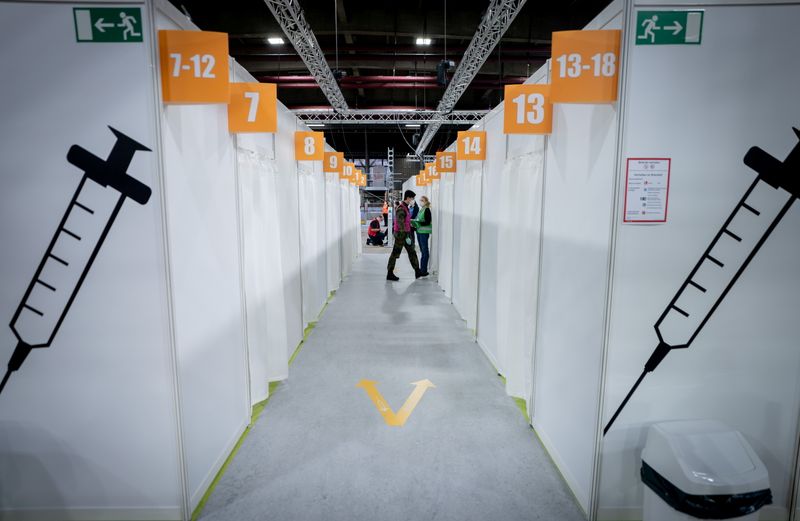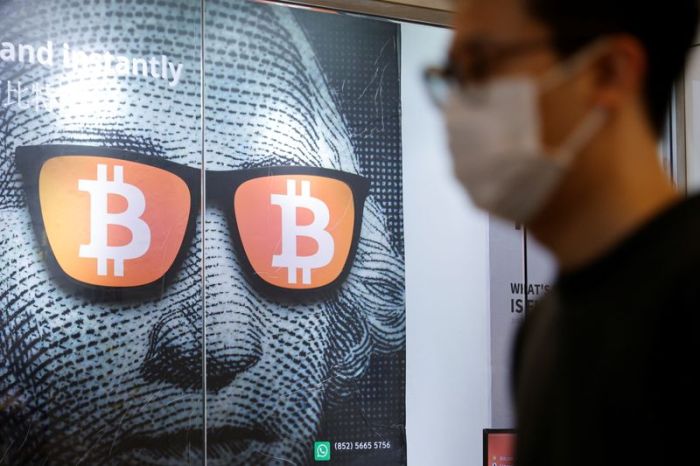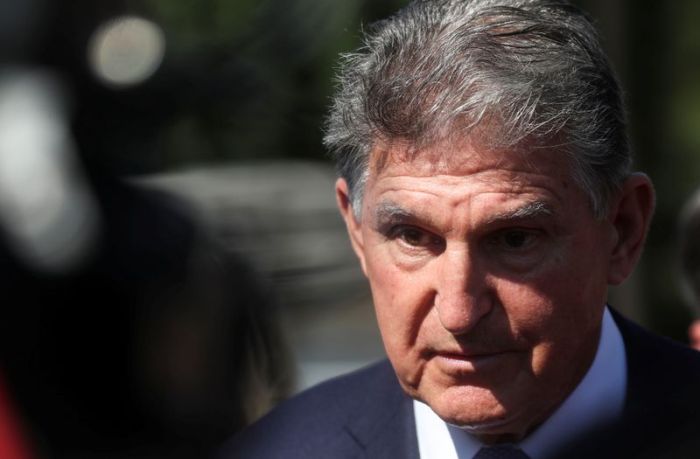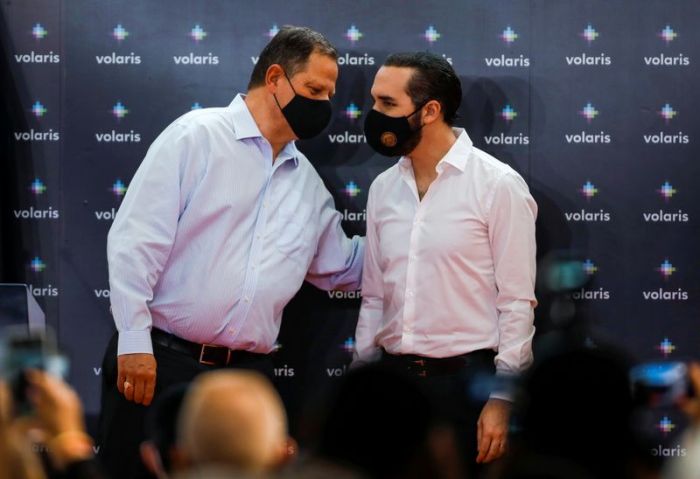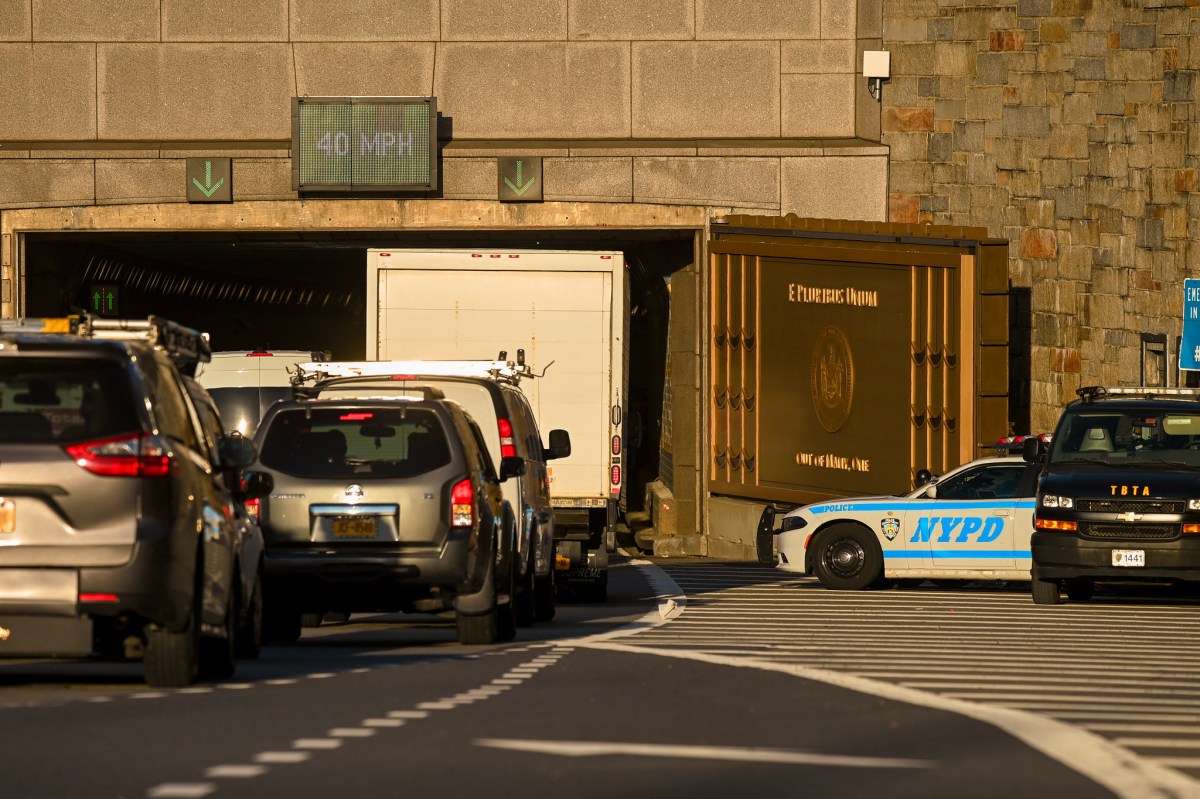BERLIN (Reuters) – Germany may miss its target to donate 100 million COVID-19 vaccine doses this year due to conditions imposed by manufacturers and delivery shortfalls, a health ministry official said in a letter to Brussels seen by Reuters.
The 100 million doses account for half the total promised by European Union member states to poorer countries this year, according to the European Commission.
The German foreign office said on Oct. 19 that Germany had only donated just over 17% of that amount.
In a letter on Monday to the European Commission’s Health Emergency Preparedness and Response Authority (HERA), health ministry state secretary Thomas Steffen said there were “ongoing bureaucratic, logistical and legal problems” imposed by vaccine makers on EU countries wanting to donate surplus shots.
Steffen said these factors made “a quick response to international requests for help almost impossible.”
The letter is the strongest sign yet of the tensions between governments and drugmakers over donations.
The EU and rich countries, most of whose most vulnerable citizens have been vaccinated, are under pressure from the World Health Organization to deliver more doses to poorer nations, many of which have inoculated only a fraction of their people.
“With vaccine surpluses in many member states increasing at present, we will soon be facing a situation of global allocation emergency,” Steffen wrote. “Some countries could be forced to waste large volumes of valuable vaccines urgently needed in other parts of the world.”
He said obstacles included minimum sales prices, onerous compensation payments required of recipient countries and restrictions on distributing to international organisations.
Changes in expected delivery volumes and expiration dates of vaccine doses also made planning more difficult, he added.
Steffen said AstraZeneca and Johnson & Johnson could together only deliver up to 50 million doses of their COVID-19 vaccines this year, meaning Germany would also have to donate Pfizer/BioNTech and Moderna shots that are the mainstays of its vaccination drive.
In response, Johnson & Johnson said it would help countries with surplus doses to donate them to other countries, especially using the international COVAX facility, as long as the countries met safety, legal, regulatory and logistical requirements.
AstraZeneca said it was supporting donations in addition to regular supply agreements with individual countries and COVAX, and said it had helped with about 85% of all donations in Germany so far.
“The donation of vaccines is a complex administrative process with long lead times that are outside vaccine manufacturers’ control,” it added.
Other manufacturers could not immediately be reached for comment.
EU countries have mostly promised to donate AstraZeneca and Johnson & Johnson vaccines. Many have restricted the use of these vaccines due to very rare cases of blood clotting.
Any shortfall in donations is likely to heighten criticism of richer nations, which are rolling out boosters and inoculating teenagers considered a low-risk from COVID-19, while the pandemic rages elsewhere.
(Reporting by Andreas Rinke Writing by Zuzanna Szymanska; Editing by Mark Potter and Edmund Blair)

